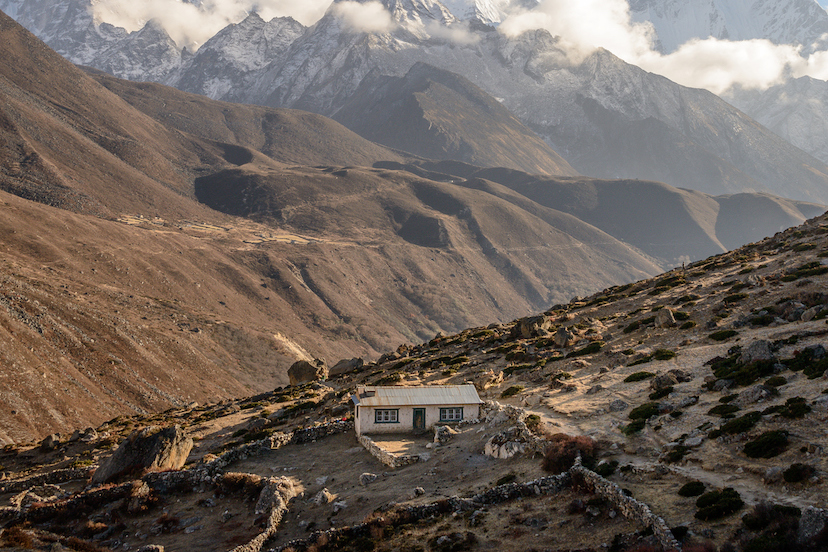We use cookies to improve your experience on our websites and to analyse how and when our sites are used. By clicking 'Accept all & continue' you're agreeing to our use of cookies. To learn more about the cookies we use, you can read our cookie policy.
Opt out of non-essential cookies
Every time you turn on the TV, pick up a newspaper or browse a news website there is almost guaranteed to be something about rising prices. It seems never-ending. Which can make us start thinking about alternative ways of living. What options are there to step off the never-ending hamster wheel of bills and more bills, and find a way to live more simply?
For example, you may have heard of the concept of living off-grid. But what does that actually mean, and how realistic would it be?
In this article we take a quick look at:
The National Grid operates electricity and gas supply in England, Scotland and Wales. It manages the network and distribution of electricity and gas that powers all homes and businesses in these areas. The concept of living off-grid means no longer connecting to the National Grid, and relying solely on natural sources of power for energy.
Living off grid is legal in the UK as long as you either own the land you are living on or have permission to be on it. As long as this is the case, you may be able to live off grid in a home you build from scratch, a structure you move onto the land such as a tiny home, cabin or shipping container, or a moveable home such as a caravan or campervan.
But how does living off-grid work in reality?
Living off-grid means that you need to find alternative sources of energy, other utilities and a variety of life essentials. Here are some ways of achieving this:
Water is essential to life, so when looking for land to live off-grid it makes sense to look near a water supply such as a river. Or see if it could be possible to create a well near your home.
An alternative and/or supplement to the above is to set up a rain capturing system so that rain is diverted into a large water tank, ideally with a pump which enables water from the tank to then be pumped into your home.
Whatever method(s) used, it also helps to reuse water as much as possible, especially “greywater” from showers and sinks. This could be filtered and cleaned to reuse in the shower or sink, or could be used in the garden.
And of course, any measures you can take to reduce water usage will be well worthwhile. For example, reducing the length of showers and using a short flush toilet cistern – or even a composting toilet.
Even if you live off-grid, you will still need electricity for lighting, heating, cooking, showers, washing, and essential kitchen appliances such as a fridge. One way to do this is to install solar panels which could enable you to be off-grid for most of the year. It’s also possible to create a battery bank to store renewable energy that is not being used. A generator can also be used for backup energy, although these consume fuel and can be noisy.
Also explore other sources of heating and cooking, such as a ground source heat pump, wood-burning stove, BBQ, or pizza oven.
When living off-grid there is nothing to stop you going to the supermarket just like anyone else. However, to fully embrace the principles of off-grid living you may want to source as much of your own food as possible. Some options to consider are:
The internet is now very much a part of daily life and something that you will most probably still want and need if you choose to live off-grid. If there are no nearby networks to connect to, one option would be to purchase an internet dongle from a mobile phone company that would provide a certain amount of data each month.
A more robust option could be to consider satellite broadband which, though expensive, would provide a fast reliable connection with no need for any line installed on your property.
Perhaps for you, the concept of living off-grid is appealing, but would not work for your current location or family circumstances. However, there are small changes that you can make to begin to incorporate the principles of off-grid living into your current lifestyle.
For example:
We hope that the information in this article helps you to consider the benefits and practicalities of living off-grid, and to begin to incorporate some alternative more energy-efficient ways of living into your current lifestyle.
Check back here soon for more lifestyle and financial tips from direct lender Munzee Loans.